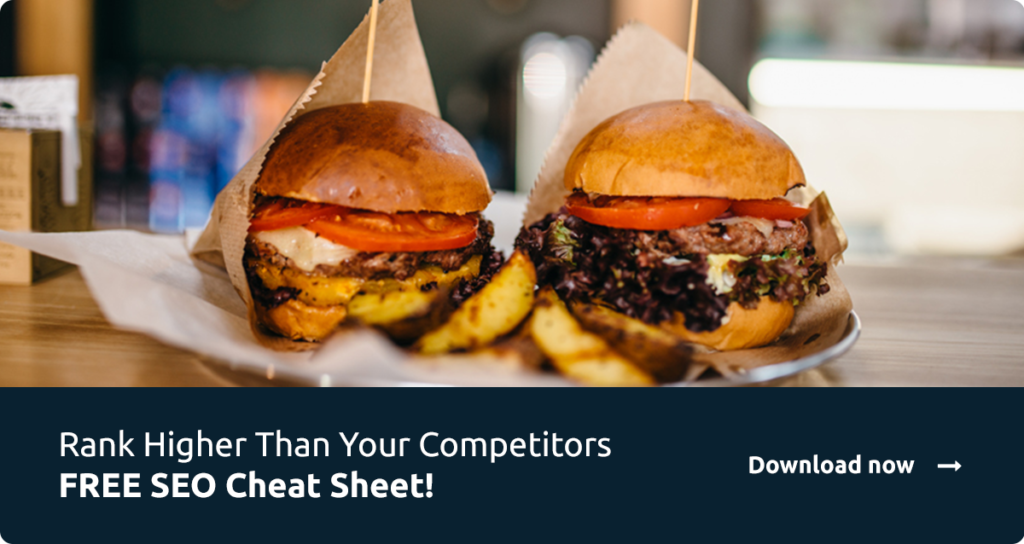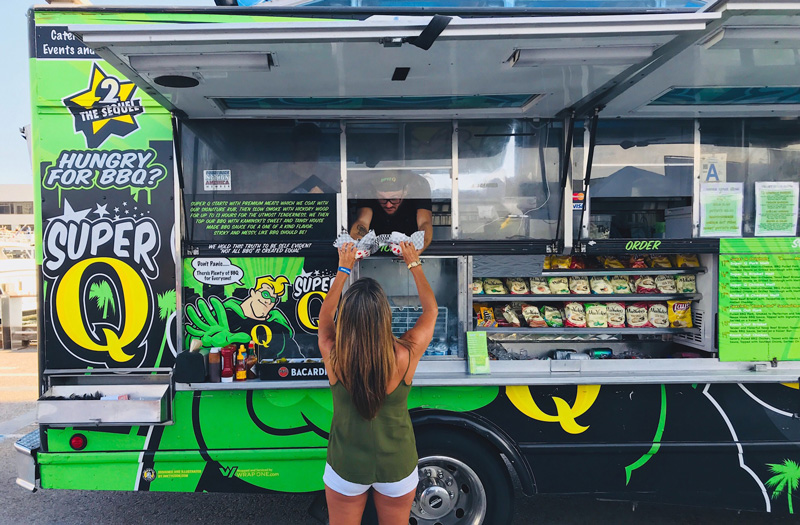The Real Cost Of Do-It-Yourself Marketing
30% of restaurant operators spend three to four hours a week on office-based tasks.
For small and independent businesses today, time is everything.
While the ever-increasing plethora of tools and technologies available to restaurateurs presents all sorts of powerful creative possibilities for businesses to grow, there is a reality that needs to be faced: you simply can’t do everything for yourself.
Now, amongst the most promising of these possibilities is marketing: from growing your brand and using digital to create meaningful customer relationships to embracing a new mindset in order to navigate the ‘new normal’, marketing is an essential part of any business’s future.
And yet the received wisdom amongst small and independent businesses is that marketing is a secondary consideration, just another irritating piece of admin to be ‘dealt with’; despite offering clear, demonstrable benefits, many small and independent businesses eschew managed services and professional marketing because they assume it is too expensive.
There are two common outcomes: either restaurateurs begin ‘in-housing’ their marketing – i.e. trying to do it themselves without the proper expertise – or they simply overlook marketing all together.
Both are poor solutions, and both are based on economic assumptions which don’t stand up to real scrutiny.

The Ikea Effect
A variety of marketing platforms – such as Wix, Squarespace, Mailchimp and the like – have sprouted in recent years to lure busy business leaders into the false sense that they can save themselves a buck by simply doing their marketing themselves.
These platforms play into a fascinating cognitive bias known as The Ikea Effect, which describes how we tend to place a disproportionately high value on products we ourselves had a part in building.
Using a platform like Wix – which purports to allow users to create their own website with basically zero technical skills – doesn’t tend to leave users with a very good website; what it does is gives its users the thrill of feeling that they made the website.
The net result is an industry filled with under-performing digital marketing which seems to be saving customers money but in fact is short changing them, because few realise the opportunity cost involved in using these platforms.

The Cost Of Ease
The real value of digital marketing stretches far beyond simple customer-generation – it is truly integral to overall customer experience.
By opting to use do-it-yourself platforms in the place of professional marketing, this value is essentially gutted.
Instead of enhancing the customer experience, businesses end up with a strange series of unconnected assets which don’t interact properly and in fact alienate their potential clientele by providing frustrating, confusing experiences.
If we factor the huge losses in revenue and customer retention such poor marketing efforts produce into the equation, and compare them to the apparent gains made by ‘avoiding’ professional managed services, we start to see that an economic analysis does not in fact point businesses towards ‘doing things themselves’.
And that’s not even to mention the time lost learning how to operate these platforms.

So what should we do?
Clearly, the answer is not for restaurateurs to hand off their marketing responsibilities to an agency or managed service provider wholesale; restaurateurs know their own story, their own products and their own values far better than any hired gun could, and that knowledge is of huge value.
Instead, marketing ought to be baked into what a restaurant offers, and marketing professionals’ job should be threefold:
First, we focus on providing a higher quality of service – from design and branding to messaging, data handling and digital advertising.
Second, we pride ourselves on uncovering and developing areas of growth, such as refining and improving the story restaurants tell their customers.
And finally, we focus on saving time for our clients, who could instead be focusing on their own area of expertise.
Exceptional customer experience is the single most important factor in the success or failure of a restaurant; while restaurateurs cannot realistically spend every waking hour focused on customer experience, few would contest that the most valuable use of their time is managing and improving the ultimate customer experience their business offers.
As the old saying goes, if you think it’s expensive to hire a professional, just wait ‘til you hire an amateur.